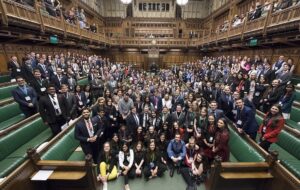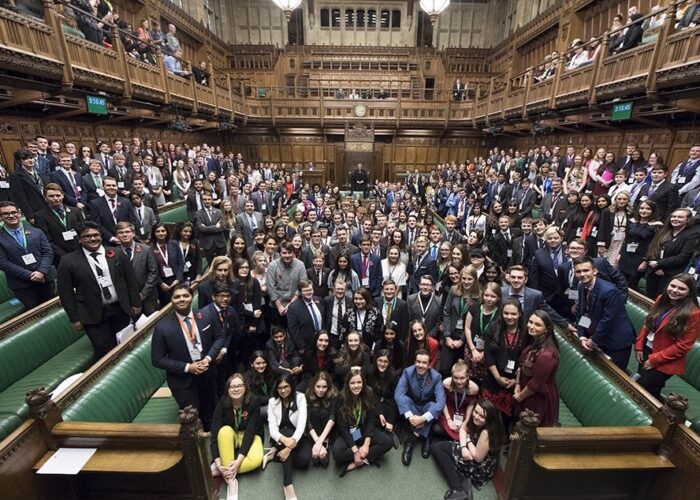
Time is running out on a Parliamentary private member’s bill that aims to lower the minimum voting age to 16, despite it receiving cross-party backing and widespread support.
Although the debate on the issue is due to continue in the House of Commons on Friday, it is thought to have little chance of becoming law after it failed to gain a full hearing at the start of this month.
A campaign named Make Your Mark was launched by the UK Youth Parliament back in 2016 in order to increase the number of teenagers eligible to vote, and some locals believe the measure is now long overdue.
Mun Wu, a Member of Youth Parliament for Liverpool, told JMU Journalism: “I feel that it’s time to give 16 and 17-year-olds the vote due to the increasing amount of young people becoming interested in politics.
“Young people want to be able to have the vote so they feel they’re listened to by MPs, as at the moment they feel like they’re forgotten or disregarded as they do not have the political electoral impact that those who are eligible to vote have.
YouTube: Jeremy Corbyn
“It’s hugely important that we secure the vote for 16 and 17-year-olds so they’re able to properly hold their MPs to account for their decisions and pressure them to perhaps create more policies to help solve issues that are important to them.”
In 2015, the Scottish Parliament passed a bill to allow 16-18-year-olds the chance to cast a ballot in their country, but other parts of the UK still insist on the electorate being 18 and over.
Robbie Young, Vice President of Society and Citzenship at the National Union of Students, told JMU Journalism: “Following the result of the snap [June general] election, there has been a renewed interest in votes at 16 across the political spectrum.
“More young people than ever before engaged in the political process, many for the first time. Even more were denied that right, and are now demanding a say in their future.
“I believe on principle that young people should have a say in how this country is run.”
This Bill’s second reading on November 3rd 2017 was not completed and may not make it back onto the agenda tomorrow, despite the measure having official support from Labour, the Liberal Democrats, SNP, Plaid Cymru and Green Party, though not the ruling Conservatives.

